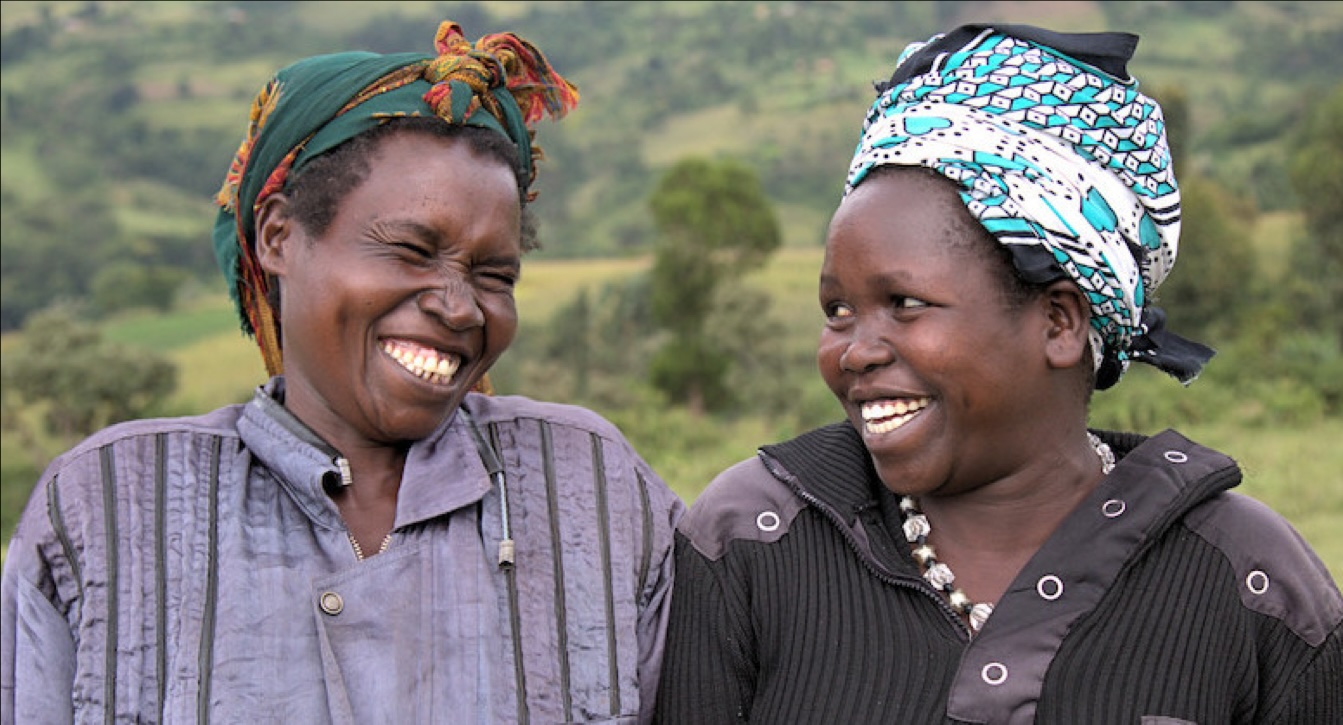
Africa is an immense continent of strikingly rich geographic, political, and cultural diversity, usually divided into different regions—North Africa, the Sahel, the Horn of Africa, Central Africa, West Africa, East Africa, and Southern Africa. This diversity has developed over time, as Africans created many ways to respond to their environment and organize their beliefs, societies, and political systems. African societies continue to be dynamic, both as living and creative cultures and through their responses to colonial legacies and the cold war in a changing and challenging global context.
This course will focus mainly on the lives of women living in the part of Africa that is situated south of the Sahara Desert. African women are often portrayed by the western media as passive victims, in a continent plagued by underdevelopment, economic decline, population explosion, disease, warfare, political disorder, and cultural disintegration. The overall objective of this course will be to provide students with a more balanced understanding of the lives of women in Africa, their history, traditions, diversity, and resilience as they respond to a wide variety of challenges. To do this we will be looking at social structure, kinship networks, economic systems, gender relations, ethnicity and ethnic conflicts, the legacies of imperialism and the cold war, traditional and imported religions, and the HIV/AIDS epidemic and other health related issues.
This course will focus mainly on the lives of women living in the part of Africa that is situated south of the Sahara Desert. African women are often portrayed by the western media as passive victims, in a continent plagued by underdevelopment, economic decline, population explosion, disease, warfare, political disorder, and cultural disintegration. The overall objective of this course will be to provide students with a more balanced understanding of the lives of women in Africa, their history, traditions, diversity, and resilience as they respond to a wide variety of challenges. To do this we will be looking at social structure, kinship networks, economic systems, gender relations, ethnicity and ethnic conflicts, the legacies of imperialism and the cold war, traditional and imported religions, and the HIV/AIDS epidemic and other health related issues.
- Teacher: Alison Fletcher
JC_SEMESTER: 25 FA